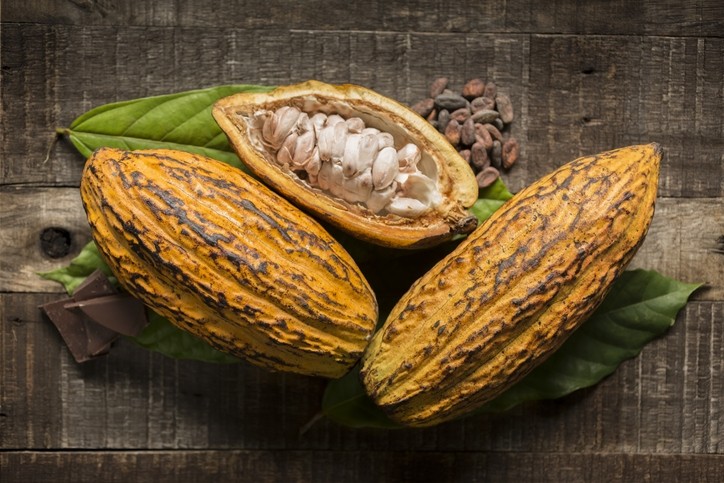Nigeria's production of raw cashews is important to the country's agriculture industry and overall economy. Nigeria is one of the world's top producers of cashew nuts, with extensive plantations dispersed throughout several states, including Enugu, Oyo, Kogi, and Kwara State. The kernels, a valuable commodity in domestic and international markets, are subsequently extracted from the nuts through processing.
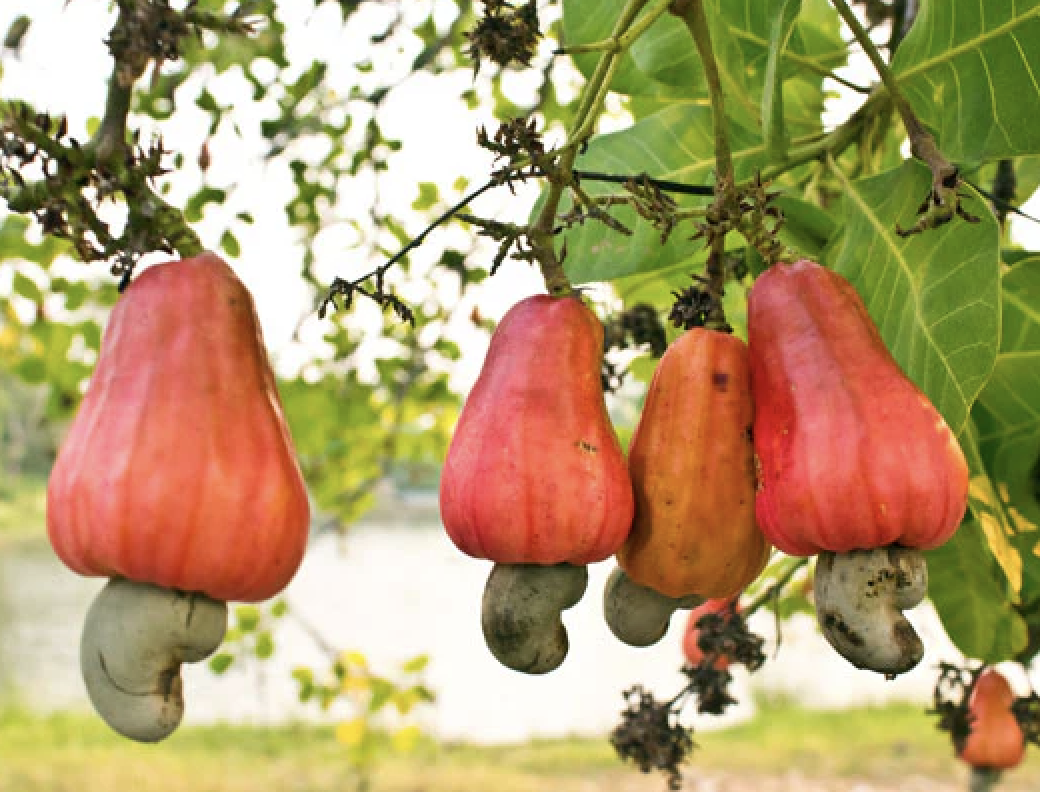
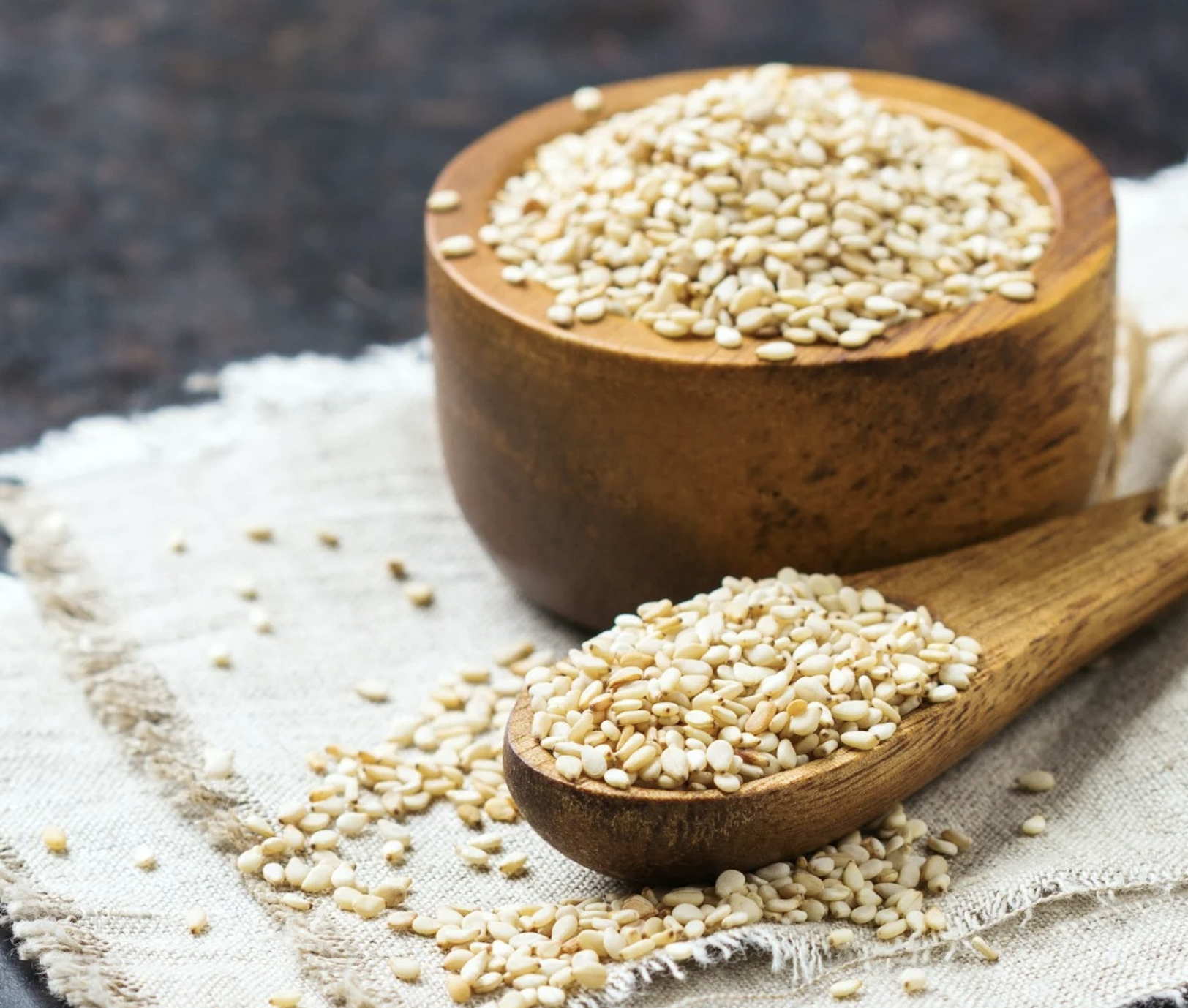
Sesame, or benniseed, is a significant cash crop in Nigeria. The nation is among the world's top producers and exporters of sesame seeds. The sesame industry also helps fuel the nation's economic expansion. It is concentrated in states such as Benue, Jigawa, Nasarawa, and Kebbi. Smallholder farmers play a significant role in sesame cultivation, contributing to employment generation and rural livelihoods.
Nigeria's dry ginger industry is a major driver of the nation's agricultural sector and economic expansion. Nigeria's production of dry ginger offers a promising path for both economic growth and agricultural advancement. It is concentrated in states such as Kaduna, Bauchi, Benue, and Gombe, among others. Both smallholder farmers and commercial producers contribute significantly to ginger cultivation, driving employment creation and rural development.
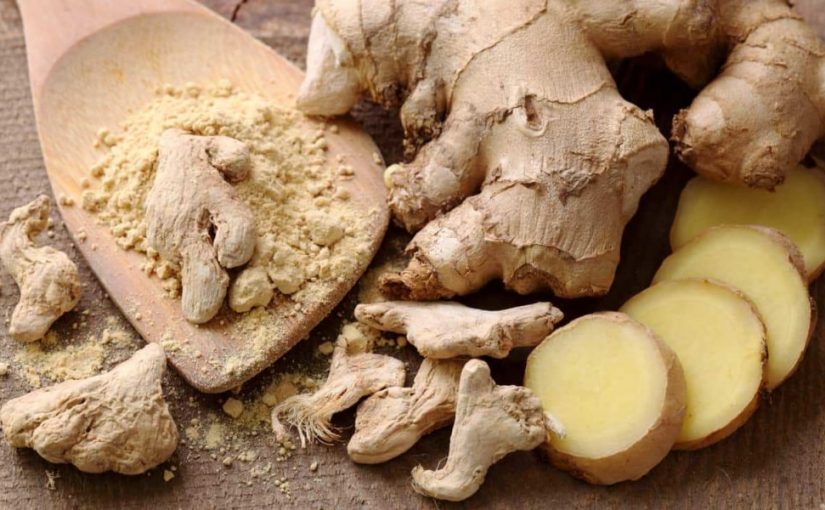
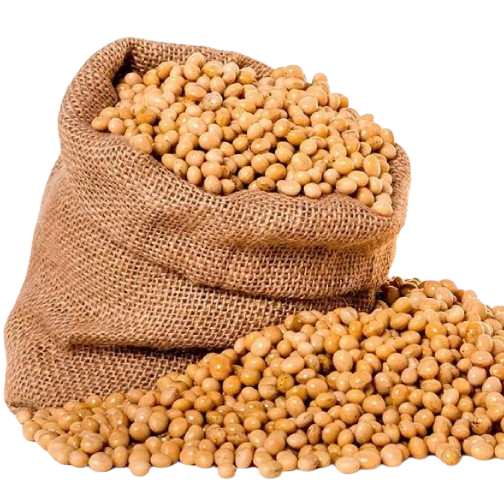
Soya bean production in Nigeria represents a pivotal sector with immense potential for economic development, food security, and agricultural transformation. Given Nigeria's expanding population and rising food and animal feed demands. The crop is predominantly grown in states such as Benue, Kaduna, Kogi, and Niger, with both smallholder farmers and commercial enterprises contributing to production.
Shea nuts, the natural fat-rich seeds of the shea tree, are a valuable non-timber forest product in Nigeria. A significant portion of Nigeria's shea nut production is exported to countries like the Netherlands, Germany, and the United States, where it is processed into shea butter and other products. Shea nut holds a special place in Nigeria's agricultural and industrial landscape. The nut's versatile applications in cosmetics, food, and pharmaceuticals have positioned it as a valuable commodity in domestic and international markets.
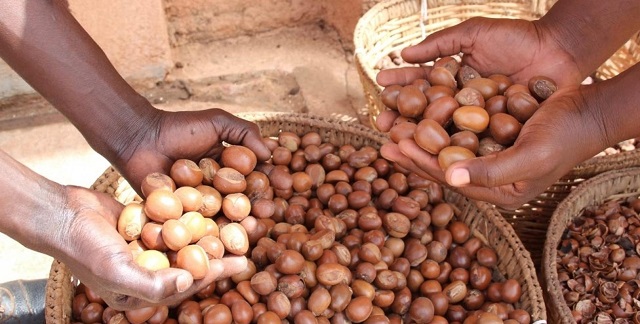
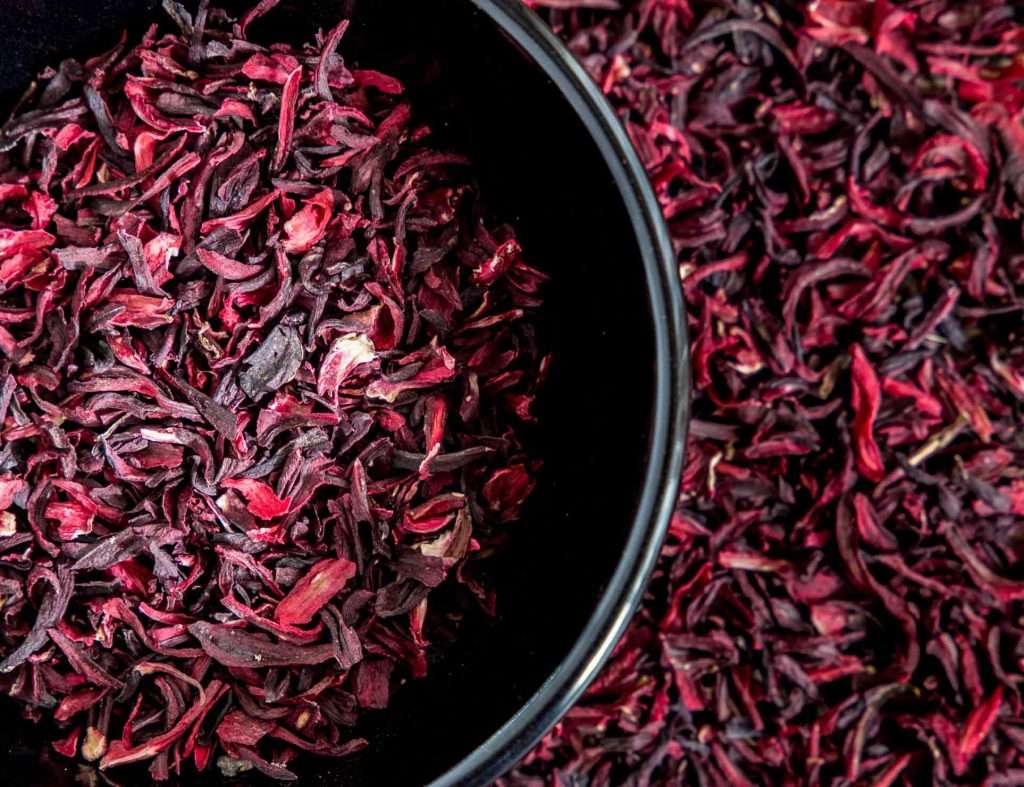
Nigeria is home to a hidden treasure that has long been overlooked – the dry hibiscus flower, also known as zobo or sorrel. This vibrant, crimson-hued flower is not just a natural gem but also a valuable agricultural commodity with immense potential. The dry hibiscus flower industry in Nigeria is a sleeping giant waiting to be awakened, offering an array of opportunities that could transform the country's agricultural landscape and propel economic growth.
Nigeria has a long history of agriculture, and one of its main agricultural products is cocoa. Most of the country's cocoa is grown in the southern states of Ondo, Cross River, and Ogun due to the country's tropical temperature and rich earth. Demand-supply dynamics, weather patterns, and worldwide economic conditions are some of the elements that impact the dynamics of the Nigerian cocoa market. Nigeria's cocoa industry is resilient because of innovation and sustainable farming methods, even in the face of obstacles like price fluctuations and agricultural pests.
